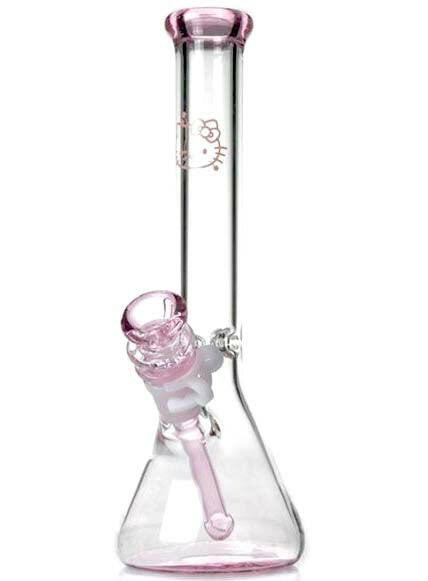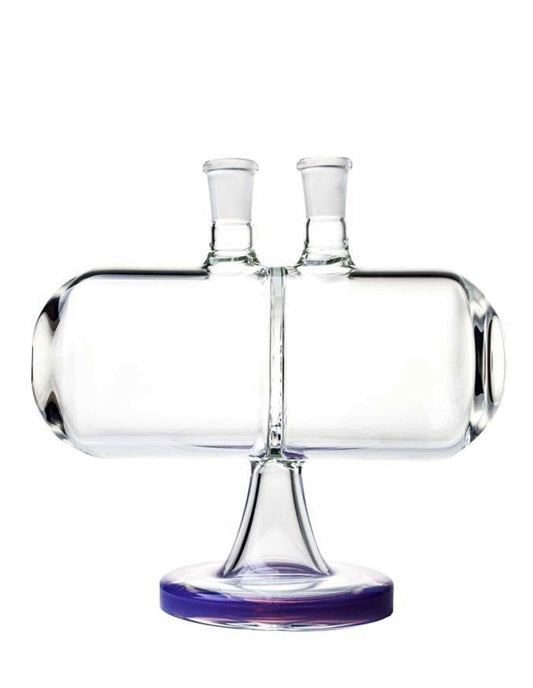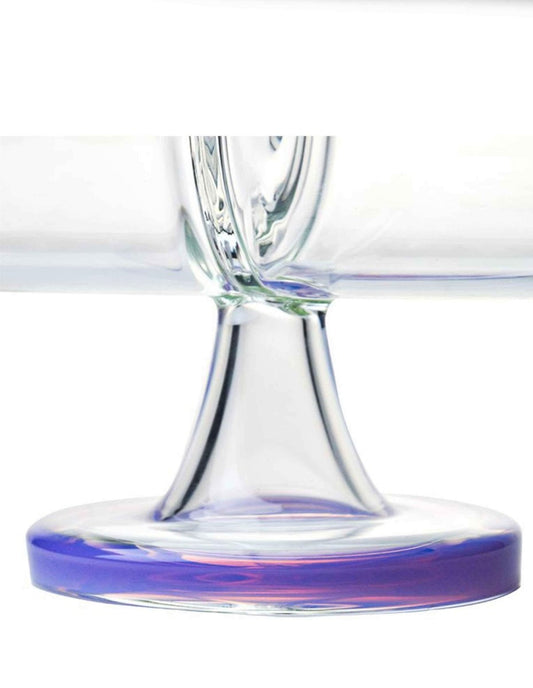How THC can help PTSD.
In order to understand how THC treats PTSD, it’s important to first understand what exactly PTSD is and what causes it. Post-traumatic stress disorder (PTSD) results from an extremely stressful or traumatic event that causes intense emotional trauma, often leading to anxiety, depression, and other psychological disorders.
It can take months or even years after the traumatic event before these symptoms start to show up, making PTSD especially difficult to treat. According to new research, medical marijuana may be able to ease symptoms of PTSD by helping people manage their stress levels better than other medications currently on the market.
THC, the main psychoactive compound in marijuana, has been shown to help people with PTSD by reducing stress levels and improving sleep. A study published in the Journal of Psychoactive Drugs found that THC was able to significantly reduce symptoms of PTSD in rats. The study’s authors believe that THC may work by mimicking the effects of endocannabinoids, which are natural compounds that play a role in stress relief.
What is THC?
THC is a chemical compound in marijuana, otherwise known as cannabis. The compound can be produced synthetically as well and has been since at least 1886. When it comes to medical uses, THC is known to reduce nausea, increase appetite, and relieve pain.
However, THC is also known for its psychoactive effects—making it most often used recreationally through inhalation or edibles. Studies have shown that THC could treat PTSD in soldiers returning from combat. People with Post-Traumatic Stress Disorder (PTSD) experience feelings of anxiety and fear as a result of real or perceived threats in their life—as a result of witnessing or experiencing a traumatic event like military combat.
In some ways, being on guard against threats at all times can become more stressful than traumatic events themselves. For example, people suffering from PTSD feel anxious every time they enter an unfamiliar space or are put into novel situations. Many suffer from insomnia, flashbacks, and nightmares; others abuse alcohol or other drugs as a way to cope.
While cognitive-behavioral therapy and selective serotonin reuptake inhibitors (SSRIs) are common treatments for these symptoms, both take time to act; many people suffering from PTSD need relief right away. While we don’t yet know how effective using THC directly is for treating PTSD, studies do show promising results for treating anxiety disorders in general through exposure therapy: having patients approach stimuli that trigger their anxiety until they no longer feel triggered by them.
The Endocannabinoid System and PTSD
There are two primary ways cannabis works to treat PTSD. The first is by stimulating receptors in your brain—this means it’s activating endocannabinoid systems (ECS). The ECS is what makes us feel good; it’s responsible for all our positive feelings like happiness, creativity, compassion, and more.
We know that for some people with PTSD their ECS has a defect or problem—and that’s why they feel bad. Cannabinoids can help activate these receptors and heal them over time. The second way cannabis treats PTSD is by working on several different neurochemicals in your brain that make you feel stressed out and afraid.
Remember how CBD acts as an antipsychotic? It also interacts with serotonin and dopamine neurotransmitters in your body. Serotonin helps balance levels of stress hormones while dopamine calms you down and reduces anxiety—all important factors when trying to recover from trauma.
Also, another cannabinoid receptor called CB2 has been found to have an effect on CB1 receptors because it helps decrease inflammation! It’s important because inflammation is one of the causes of mental illness...making those cannabinoids even more beneficial for sufferers of PTSD.
Why Cannabis Is Used To Treat PTSD
Just because something works for someone else doesn’t mean it will work for you. That’s why we can’t say with certainty that cannabis is good for treating post-traumatic stress disorder (PTSD), anxiety, or depression. It all depends on your situation and what kind of results you’re hoping to achieve.
Studies show that people suffering from a variety of ailments who take cannabis experience improvements in mood, pain reduction, better sleep quality, and anxiety relief, but there is no way to predict how individual patients will respond to cannabinoids—the chemical compounds found in marijuana—until they try it. When it comes to using marijuana as medicine, everyone is different; only you can decide if it’s right for you.
To figure out which strains of cannabis might be best for treating your symptoms, here are some questions to ask yourself: How have other treatments worked for me? ____ Satisfactory/effective ____ Not effective at all ____ Did not try How much do I smoke? ___ Every day ___ Few times per week ___ A few times per month How often do I need to use? ___ Daily __ Weekly __ Monthly What kinds of strains help my symptoms? By knowing what cannabis has done for you in the past, including how much you smoke, when you use it, and which specific symptoms were helped by certain strains, you can make an educated guess about which treatments might help others going through similar issues.
Side Effects Of Marijuana on Treating PTSD
You may have tried cannabis before, but you may not have been able to experience its full effects. That's because taking cannabis on its own isn't very effective; when consumed without other cannabinoids, it can sometimes have less of an effect than you'd like.
One way to boost your high is to take a cannabis tincture—it's incredibly easy and extremely useful for beginners. A cannabis tincture is exactly what it sounds like: It's a liquid form of concentrated cannabinoids that can be added to any food or drink, making it easy for anyone (regardless of their experience level) to get high as a kite in just a few minutes. Add a couple of drops of CBD oil to some tea or add them directly into your coffee—the options are endless! But how does CBD oil work? And how do they make cannabis tinctures in the first place? Let's take a closer look at these incredible solutions and find out more about how to use them for maximum benefit.
How Can Cannabinoids Help With Treating PTSD? While it may seem unusual to see things such as treating PTSD advertised online, using cannabis as medicine has become incredibly popular over recent years. Many people choose natural remedies over synthetic ones, especially when it comes to treating severe mental health conditions such as PTSD. What many people don't realize is that there are several different ways of consuming marijuana—you don't necessarily need to smoke pot all day long in order to reap its benefits!
How To Make Cannabis Work For You
Cannabis is one of man’s oldest and most versatile medicinal plants. Today, dozens of countries have legalized cannabis in some form or another; it’s been used to treat everything from autism to chronic pain.
While marijuana is best known for its psychoactive properties, a growing body of research suggests that certain cannabinoids found in cannabis are helpful for those suffering from post-traumatic stress disorder (PTSD). Here’s what you need to know about how cannabis treats PTSD—and how you can use it to help yourself or a loved one cope with PTSD symptoms. This isn't going to solve every issue I've ever had but it's getting me out of bed at 5 AM. My hands aren't shaking as bad either.
But many individuals who suffer from PTSD swear by it to help them manage their condition, saying that smoking or eating weed helped them turn their lives around when nothing else did. As more U.S. states legalize cannabis, access to different strains will increase.
And because there’s no single cannabinoid responsible for its anxiety-reducing effects, people won’t have to be limited by typical weed options like Loud Kush or The Haze. Because pot contains hundreds of molecules known as cannabinoids, each strain delivers unique benefits and potentially has different applications depending on a person’s needs. In other words:
Your pot may work better than your friend's pot...but it doesn't necessarily mean yours will work for sure. Let's take a look at how various cannabis strains can effectively treat various conditions such as PTSD!
conclusion
This time, thanks to research published in January 2017 and funding from The Multidisciplinary Association for Psychedelic Studies (MAPS), doctors at Johns Hopkins University have begun a study into how cannabis can treat post-traumatic stress disorder (PTSD). MAPS hopes that cannabis may be used as a prescription drug one day so that veterans and others who suffer from PTSD can benefit from it safely.
Their initiative would follow on from work by investigative journalist Rick Doblin and his team: after years of campaigning, Doblin convinced an American doctor to distribute cannabis illegally to 27 patients with chronic PTSD. They discovered that smoking marijuana almost immediately relaxed their symptoms: flashbacks were reduced by two-thirds; they slept better; they felt less anxious overall.
However, due to political pressures and ethical concerns regarding patient safety, a major randomized controlled trial hasn’t yet been conducted—until now.
At Johns Hopkins University researchers are hoping not only to replicate findings but also chart new territory: researchers there will focus specifically on measuring changes in brain activity using functional MRI scans—the gold standard technology currently used by other psychiatric disorders such as anxiety or depression.







